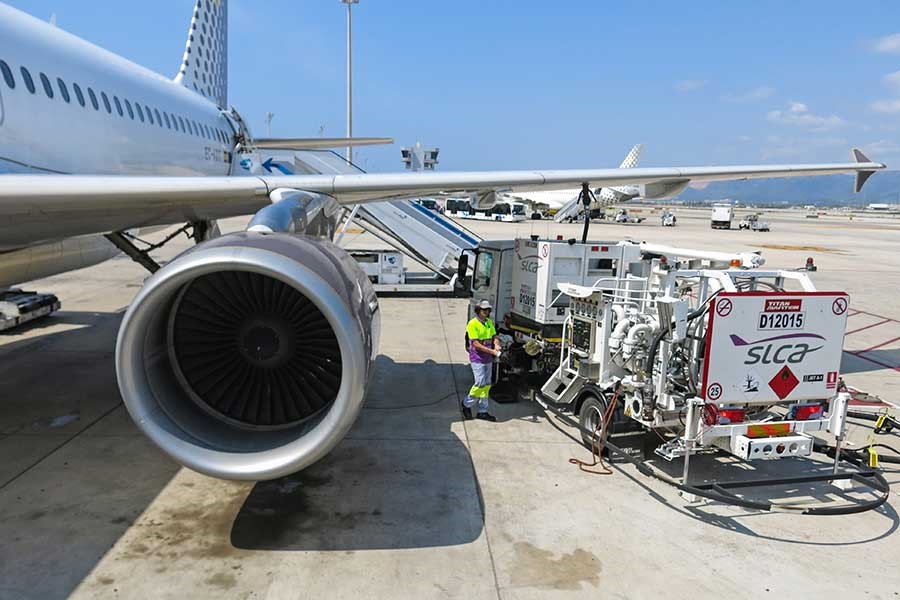While the liberalization of the ground handling market has occurred in many regions, followed by more control and stringent regulations for the private and business aviation sectors globally, it is not the case everywhere. In these days of open markets, we still find some countries or airports dominated by one agent and in some cases, defined by the state itself.
This is true of Africa. Of the 54 countries on the continent, approximately 44.4% of the airports are serviced by state-run companies or agents nominated by the state whereby the rates for ground handling have been defined and decreed. This leaves any operator or company wishing to operate into these countries limited in their options, which in turn can sometimes lead to the compromising of quality or safety.
The reality is that there aren’t that many suppliers interested in providing ground handling services. Either because the investments required are immense, especially when they have to compete with the established handlers who have the financial security to be able to invest in equipment, training, and know-how, or because the State impose regulations and limitations which cripple any growth possible in an airport and the country. Leasing equipment from the established or dominant service provider only increases their costs, and consequently, the rates offered and practiced.
This lack of competition is not good for the industry and allows for complacency and abuse of power. What is considered an expensive rate for ground handling in one airport becomes the norm in another where a client has the choice of either taking it or leaving it.
So what is the solution for a client wishing to operate through that particular airport or country? Do they resort to using the added services of aviation or supervisory agents to take care of all their needs while ensuring some measure of quality and control over the services provided? Do they lobby for change in ground handling conventions and aviation fairs, eventually enlisting the tourism boards of these particular countries? Or do they just accept the situation as the status quo?
There are cases whereby the agents have developed relationships with the handlers, working well with the local authorities and preparing themselves for the change that will come; and it will come as the global opened market will dictate this. These agents are the ones to watch and work with. They have local knowledge and the know-how crucial for a successful operation. Developing excellent relationships with these vendors ensures that any operational issues are minimized, interests are protected, and they are the filter between the state and the operator. Good vendor relations is crucial to any operation, whether a commercial or private flight and they can make or break any commercial agreement’s success.
Will the monopolistic regimes ever disappear? Perhaps on paper but there will always be local and state interests to consider and these will define regulations, which will overrule any or all of the global ones. Going forward, the issue will be how to ensure quality, transparency and control over the market.





